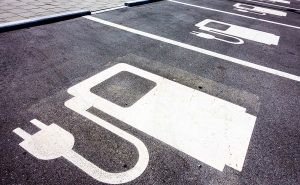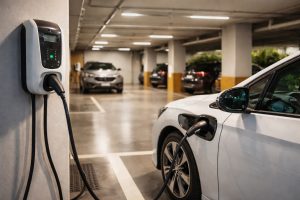
Autel, Enerlink, Vega Chargers and Voltbras showcased the current and future landscape of charging infrastructure in the Southern Cone
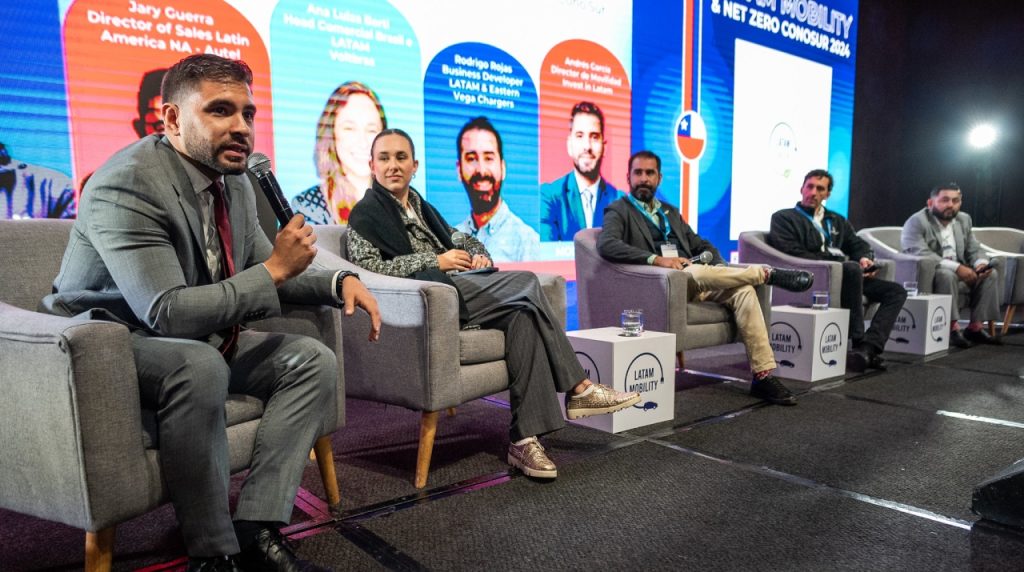
Chile opened its doors to Latam Mobility once again, to host another high-caliber meeting aimed at enhancing sustainable mobility, charging infrastructure, and strategies for the decarbonization of mobility systems.
Thus, Santiago de Chile witnessed how the Latam Mobility & NetZero Conosur 2024 once again made its mark by organizing a debate rich in diverse perspectives, with one of the topics being the “Current and Future Development of Charging Infrastructure in the Southern Cone.”
There, Andrés García, Mobility Director at Invest in Latam, led a robust discussion with Sebastian Luque, CEO & Founder of Enerlink, Jary Guerra, Director of Sales Latin America NA at Autel, Ana Luiza Berti, Head Comercial Brasil e LATAM at Voltbras, and Rodrigo Rojas, Business Developer LATAM & Eastern at Vega Chargers.

Charging Infrastructure in Detail, According to Experts
The conversation addressed the challenge of charging infrastructure for electric vehicles in Chile, highlighting the issue of the variety of connectors and charging standards. In general, the speakers noted that the lack of a single standard complicates the creation of efficient infrastructure, and that standardization would facilitate the installation and use of charging stations.
Additionally, they discussed the regulatory and logistical challenges (availability of electrical capacity at installation sites and bureaucracy) for increasing this capacity.
They also mentioned the need for advance planning to avoid delays and the importance of selecting a uniform charging standard within vehicle fleets.
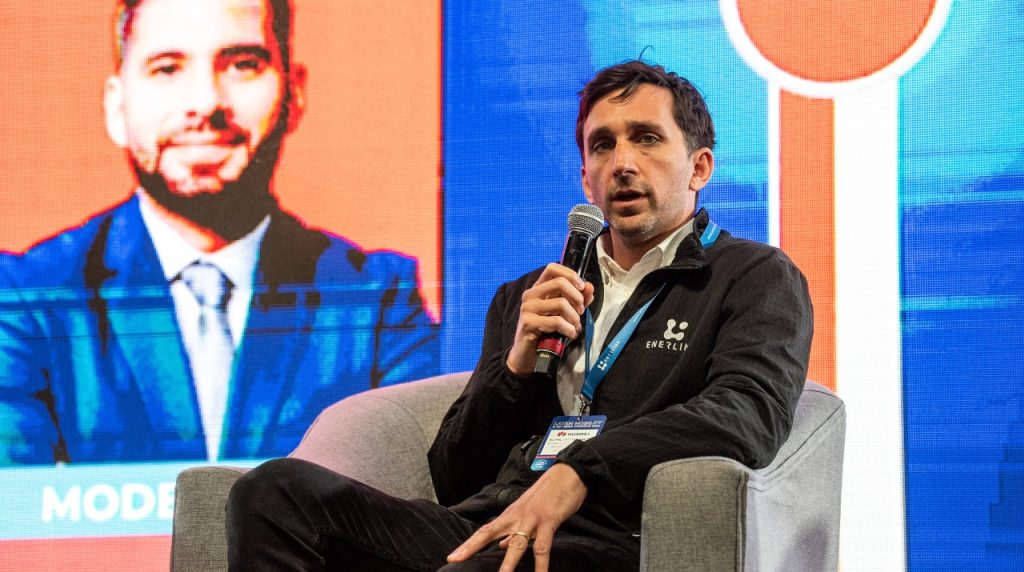
Another debated aspect was the availability of fast chargers and how the lack of stock can affect projects. On the other hand, energy distribution is a global issue in Latin America, demanding creative solutions to supply power to charging stations.
Challenges and Solutions
The challenges and solutions for implementing electromobility in charging infrastructure include connectivity in remote areas, the need for legal and regulatory security to encourage investment, and the interoperability of charging systems.
The importance of proper planning and collaboration among software and hardware providers, along with government, as well as the need to regulate charging standards and payment methods to facilitate the use of electric vehicles.
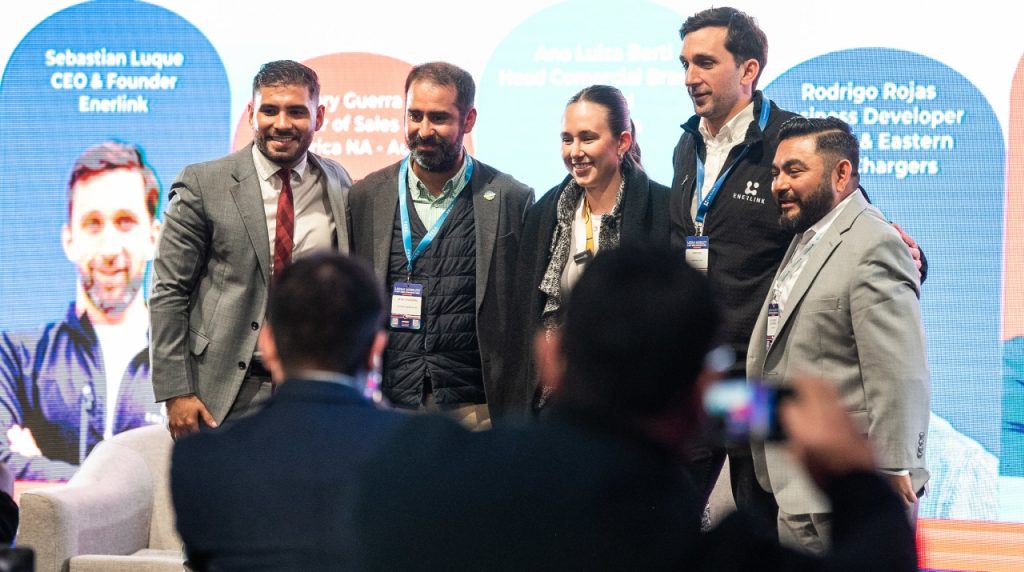
From a business perspective, it is crucial to design scalable and flexible infrastructures to adapt to the growth of electric fleets. Additionally, the conversation explored the possibility of sharing infrastructure among different operators to optimize resources.
Finally, it was acknowledged that the transition to sustainable mobility (beyond electromobility) requires robust public policies alongside the training of skilled professionals who can innovate and adapt to new challenges.
All of this positions Chile as a positive example in the region for its progress in regulating charging infrastructure, serving as a model for other countries in the region, despite facing these challenges.




